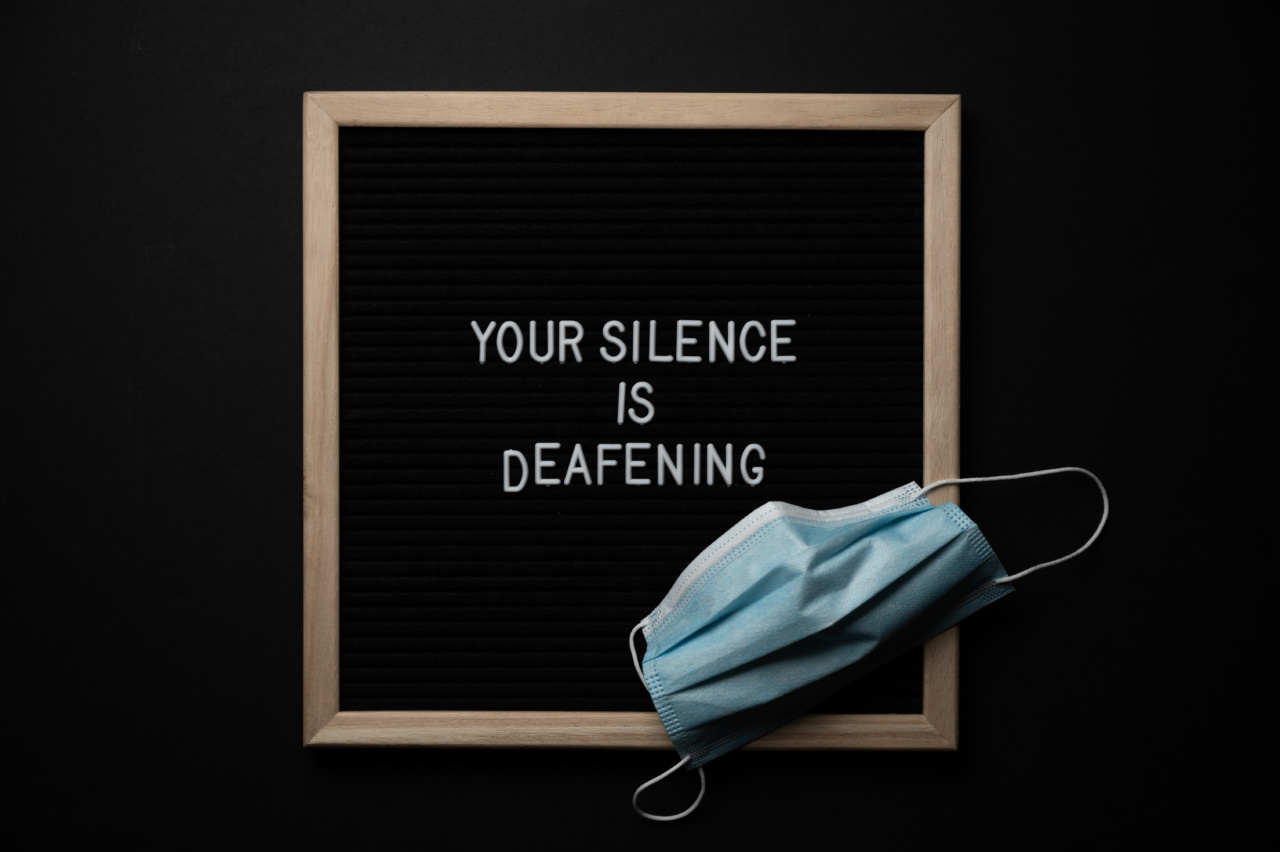Dealing with acne can be frustrating, and it can be especially bothersome when acne flare-ups coincide with your menstrual cycle. Hormonal changes during your period can lead to increased oil production and clogged pores, resulting in breakouts.
However, there are steps you can take to prevent or reduce acne during your period. In this article, we will provide you with some useful tips to help you keep your skin clear and blemish-free.
1. Maintain a Consistent Skincare Routine
Having a consistent skincare routine is essential for keeping your skin healthy and acne-free. Cleanse your face twice a day with a gentle cleanser to remove dirt, excess oil, and impurities.
Follow up with a toner to balance the pH levels of your skin and moisturize to keep your skin hydrated without clogging pores.
2. Use Oil-Free and Non-Comedogenic Products
When choosing skincare and cosmetic products, opt for oil-free and non-comedogenic options.
Oil-free products help to prevent excess sebum production, while non-comedogenic products are specifically designed to not clog pores, reducing the likelihood of acne breakouts.
3. Avoid Touching Your Face
Touching your face can transfer bacteria, dirt, and oil from your hands onto your skin, potentially leading to acne. Avoid touching your face throughout the day, and if you need to touch it, ensure your hands are clean.
It’s also important to avoid popping or picking at your pimples as this can cause further inflammation and may result in scarring.
4. Cleanse Your Face After Working Out
Exercise is beneficial for overall health, but it can also contribute to acne breakouts if you don’t cleanse your face afterward. When you sweat, bacteria and impurities can get trapped in your pores, leading to breakouts.
Wash your face with a gentle cleanser immediately after working out to remove any sweat and bacteria.
5. Eat a Balanced Diet
Your diet plays a significant role in maintaining healthy skin. Opt for a balanced diet that includes plenty of fruits, vegetables, lean proteins, and whole grains. Limit your intake of sugary and processed foods, as they can worsen acne.
Drinking an adequate amount of water can also help flush out toxins from your body, promoting clear skin.
6. Stress Management
Stress can trigger hormonal imbalances and exacerbate acne. Incorporate stress management techniques into your daily routine, such as meditation, deep breathing exercises, or engaging in activities you enjoy.
Taking time to relax and unwind can help keep your hormones balanced and your skin clear.
7. Get Sufficient Sleep
Adequate sleep is essential for overall health, including your skin. Lack of sleep can lead to increased stress and inflammation, which can contribute to acne breakouts.
Aim for 7-9 hours of quality sleep each night to help your body and skin recover and rejuvenate.
8. Avoid Excessive Sun Exposure
While sunlight can temporarily dry out acne lesions, excessive sun exposure can actually worsen acne in the long run. Protect your skin by wearing sunscreen with at least SPF 30 and seek shade during peak sun hours.
9. Incorporate Acne-Fighting Ingredients
To prevent acne during your period, look for skincare products that include acne-fighting ingredients, such as salicylic acid or benzoyl peroxide. These ingredients can help unclog pores, reduce inflammation, and control excess oil production.
10. Consult a Dermatologist
If you’ve tried various preventative measures and are still struggling with acne during your period, it may be beneficial to consult a dermatologist.
They can assess your skin condition, identify any underlying causes, and provide targeted treatment options.






























